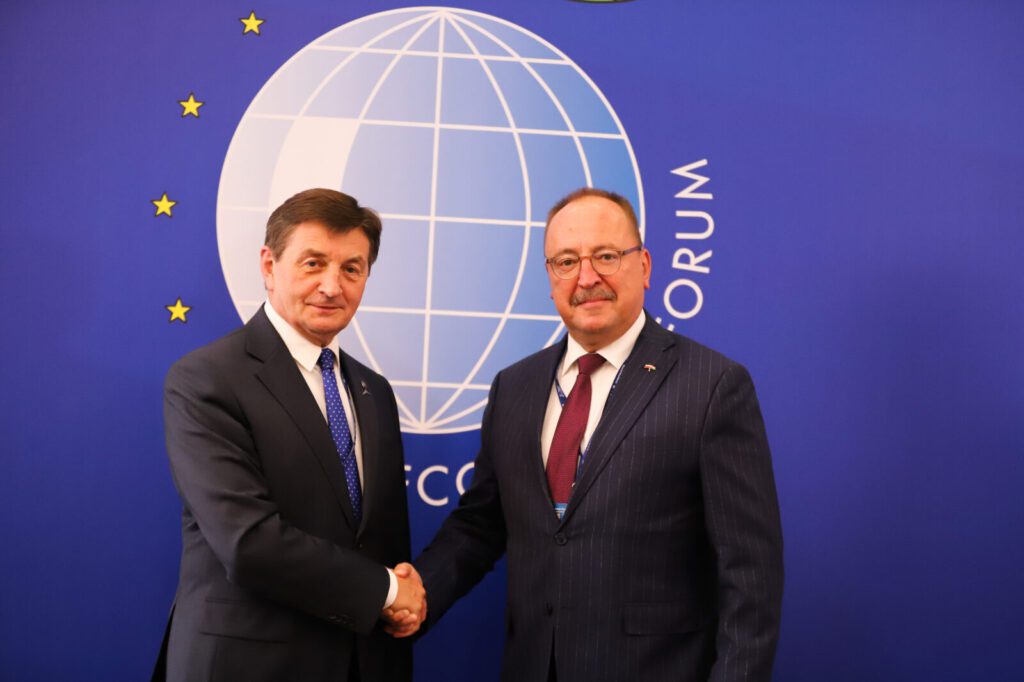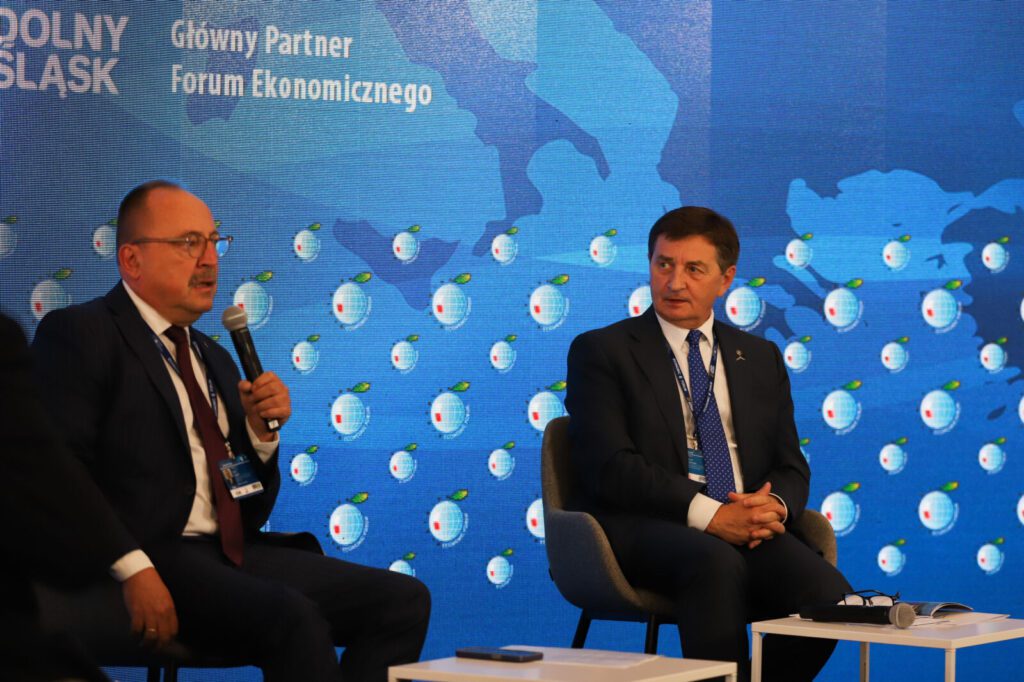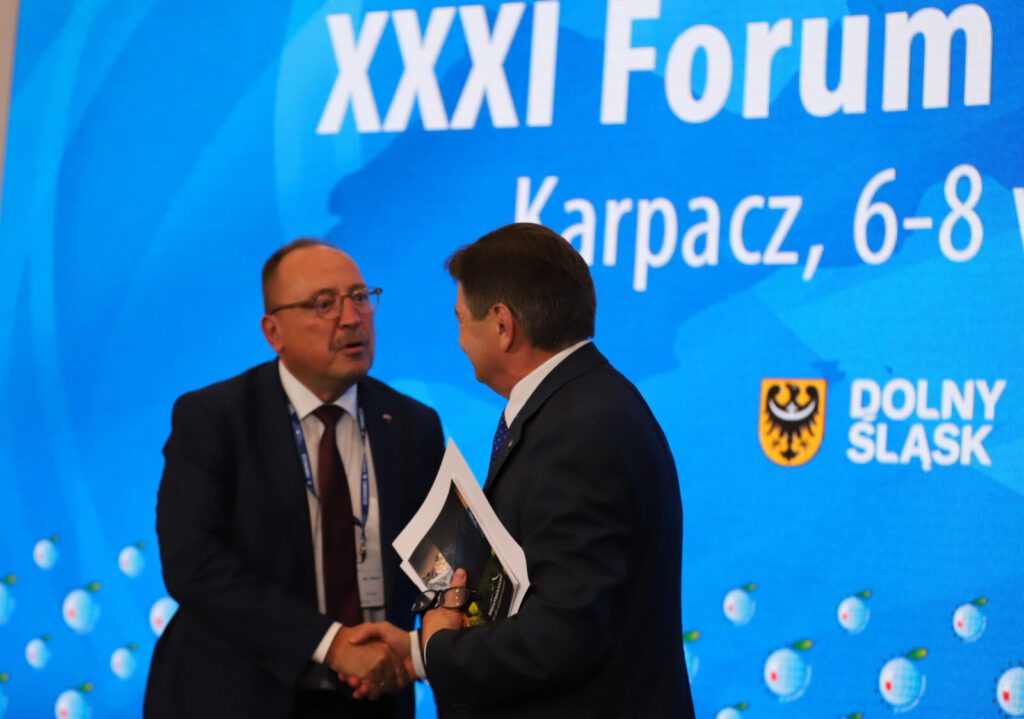On September 7, during the Economic Forum in Karpacz, a debate took place between the Polish and Hungarian heads of the Foreign Affairs Committee - Marek Kuchcinski and Zsolt Nemeth. The politicians argued that the negative attitudes of our societies towards each other are due to disinformation, and that Prime Minister Morawiecki's statement is an optimistic signal for the resumption of good relations in the Visegrad Group.
- We want to return to cooperation within the V4, as well as joint activities with Hungary. The attitude toward the war has indeed divided us strongly. But I think that in the course of time all the other issues in which we have shown solidarity, understanding and support will bring us firmly back together. I would very much like that - said Mateusz Morawiecki.
- If the Prime Minister's announcement becomes a reality, it will be a weapon we should all get behind - and it will be a weapon we should all get behind. summarized the Prime Minister's statement by the head of Poland's Foreign Affairs Committee.
Marek Kuchcinski noted that there is too little awareness in Hungary of why Poland has become so heavily involved in helping Ukraine, and the lack of communication leads to misunderstandings. He argued that as long as Ukraine defends itself, Russian aggression does not reach Poland and the Baltics. She is fighting on behalf of Europe.
- I can't understand why, so many years after regaining our freedom, we don't have media instruments to communicate what is happening in our country. We have to listen to messages passed through the filters of forces hostile to us. We are condemned to the half-truths of the media unfavorable to us. In our public life, we must stick to the facts - said the former Speaker of the Sejm. - We must look at our relations not only through the prism of current events in our politics, but also through the history that unites us. The Speaker added.
He also stressed that we have different perspectives on Polish-Russian and Hungarian-Russian relations, and consequently the war in Ukraine, but the recognition of the inviolability of borders is common. We have some important areas of common ground in our relations, such as stopping imperial Russia and humanitarian support, which is the highest in our countries.
Marek Kuchcinski also referred to announcements by EU leaders wanting to federalize the community.
- Eurosceptic attitudes are on the rise, distrust of European institutions is growing, EP voter turnout is falling, and anti-integration sentiment is on the rise in many countries. Europe's strength has always been in its diversity, its ability to draw on the experiences of the past. Not states, but strong states, nations, can build a competitive, secure and wise European Union. The strength of united states cannot be the weakness of nations. That is why we say openly in the Union that we want to be treated with the respect due to the people who co-create the EU economy. We want to be respected for our sovereignty, our differences, our history and our right to pursue our national interests, which, after all, are not incompatible with the idea of a community of nations - argued Marshal Kuchcinski.
During the panel, the chairman of Hungary's Foreign Affairs Committee, Zsolt Nemeth, objected to opinions that he believes are lying:
- Orban is not an agent of Putin! It is not true that Hungary has no heart for Ukraine. Gas is crucial for Hungarians, as 80 percent of their supply comes from gas. Hungary opposes the aggression against Ukraine and supports it on its way to the European Union. As a sovereign country, it should make its own decisions, but in order for us to support Ukraine, we have to be strong ourselves.
text/ photo Marta Olejnik







